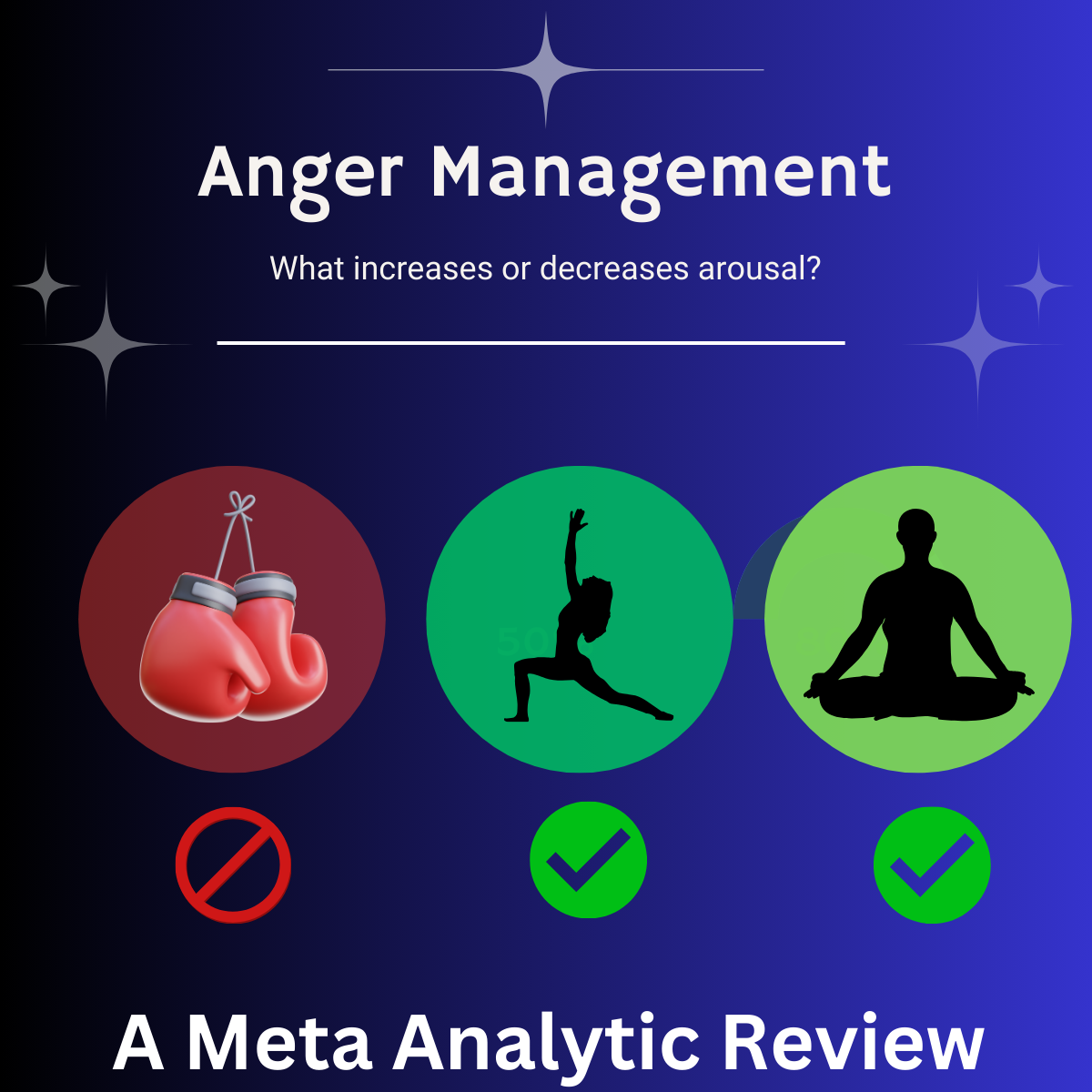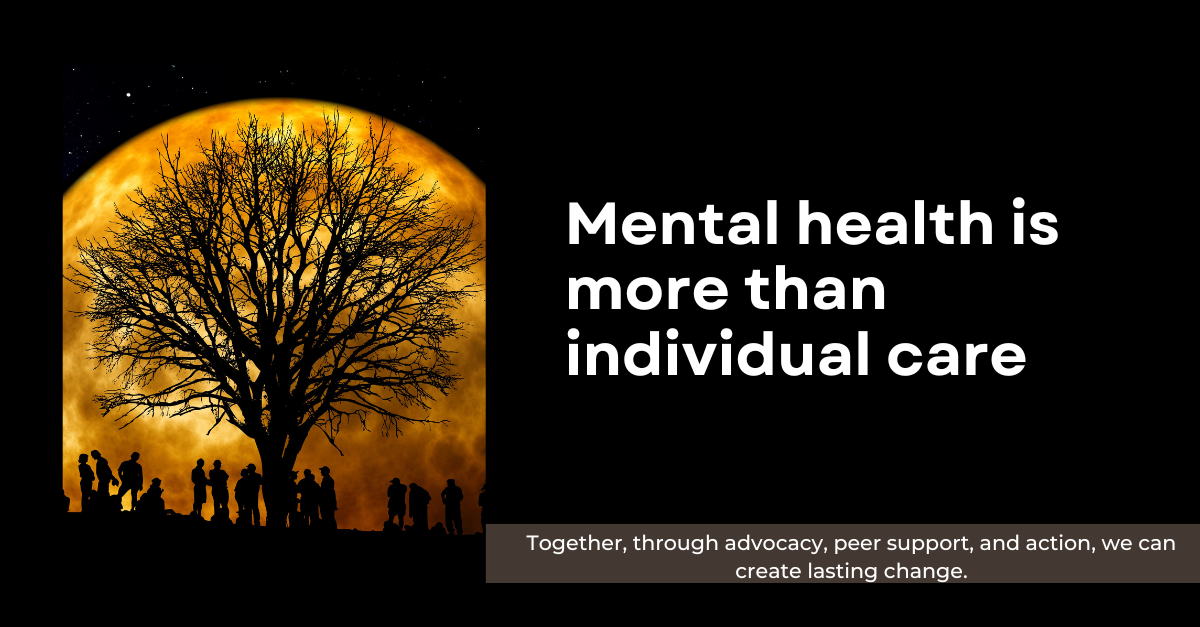Rethinking Lifestyle Assessments for Mental Health
As a psychologist who has cross-trained in lifestyle medicine, I've come to recognize the profound impact that lifestyle factors have on mental health. This realization led me to explore the intersection of psychology and lifestyle medicine, uncovering insights that I believe are crucial for anyone interested in holistic mental wellness.
The Traditional Approach: The 6 Pillars of Lifestyle Medicine
In the field of lifestyle medicine, practitioners often focus on six key pillars:
- Nutrition
- Physical activity
- Stress management
- Sleep
- Relationships
- Substance use
These pillars form a solid foundation for assessing and improving overall mental health. However, through my work in psychology, I've come to understand that this valuable framework may not capture the full complexity of an individual's lived experience.
Beyond the Pillars: The Complex Web of Lifestyle Factors
Our lifestyle choices don't exist in a vacuum. Our environment and social determinants of health deeply influence them. As a psychologist, I've observed how factors such as socioeconomic status, education level, access to healthcare, neighbourhood safety, food security, cultural background, and work environment profoundly impact our physical health and our mental well-being.
For instance, a client struggling with anxiety may find it challenging to implement stress management techniques if they're living in an unsafe neighbourhood or facing job insecurity. Similarly, the benefits of nutrition on mood can be hard to realise for someone living in a food desert.
The Need for More Comprehensive Mental Health Assessments
Given these insights, I advocate for a more holistic approach to lifestyle assessments, especially mental health. I believe a comprehensive assessment should include:
- Evaluate the six pillars of lifestyle medicine
- Assess environmental influences and social determinants
- Consider cultural context and personal values
- Examine access to resources and support systems
- Explore the individual's mental health history and current state
This broader perspective allows us to understand the full context of a person's mental health challenges and opportunities for improvement.
Health Literacy and Implementation: Key Factors in Mental Health Improvement
Another critical aspect I've noticed in my practice is the role of health literacy and the ability to implement changes. Simply providing information about healthy lifestyle choices isn't enough. For lasting change, especially in the context of mental health, people need:
- The ability to understand and process health information
- Skills to apply knowledge to their daily lives
- Access to resources that support behaviour change
- Motivation and self-efficacy to overcome barriers
These factors are particularly crucial when dealing with mental health issues, which can often impact a person's energy, motivation, and cognitive functioning.
A New Paradigm for Mental Health and Lifestyle Assessment
As psychologists with training in lifestyle medicine, we need to adopt a more nuanced and inclusive approach to lifestyle assessment in mental health care. By considering the complex interplay of personal habits, environmental factors, social determinants, and individual capabilities, we can develop more effective strategies for improving mental health outcomes.
This approach allows us to create personalised, realistic, and sustainable plans for lifestyle modification that address the root causes of mental health challenges and empower individuals to take control of their well-being.
In conclusion, while the six pillars of lifestyle medicine provide a valuable framework, it's time to expand our perspective, especially in mental health. By embracing a more holistic approach to lifestyle assessment, we can pave the way for more effective interventions and, ultimately, better mental health for all.











